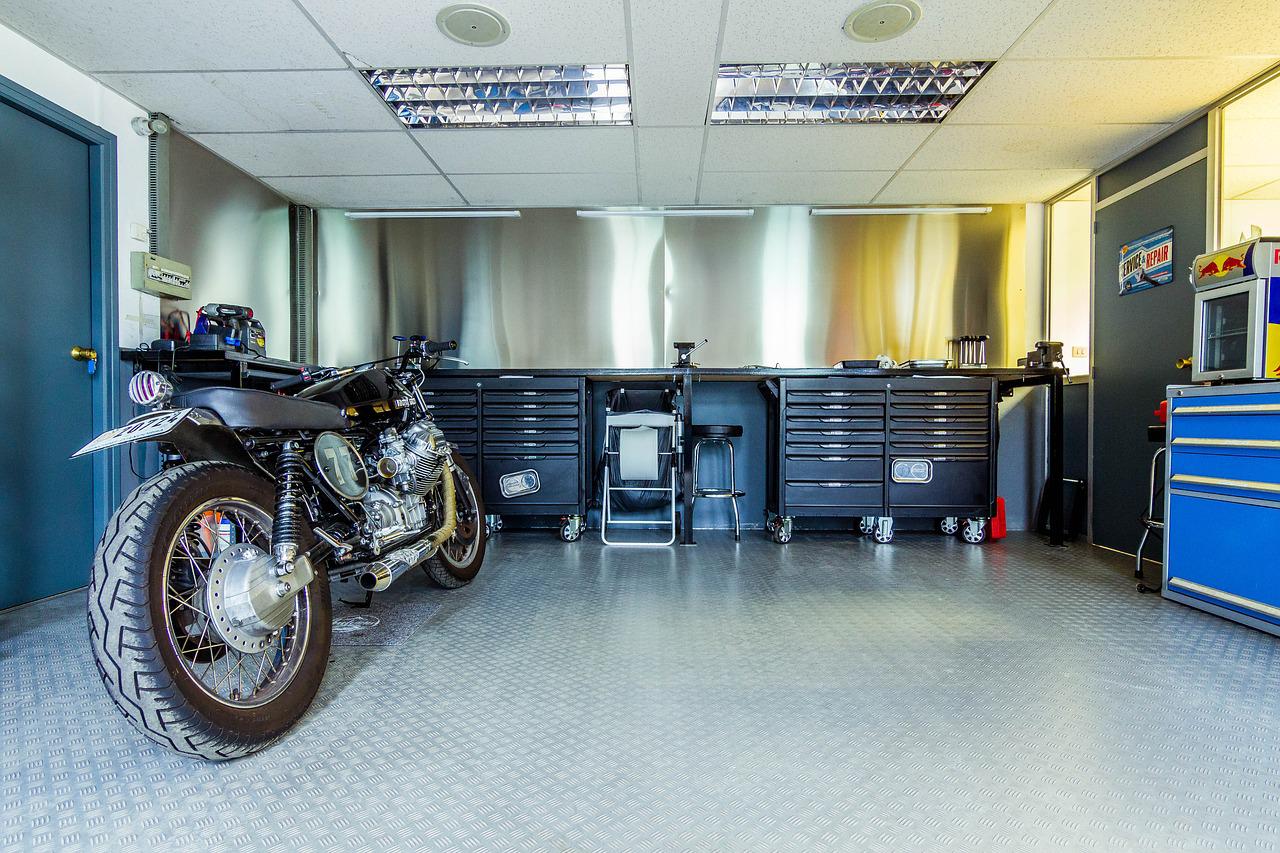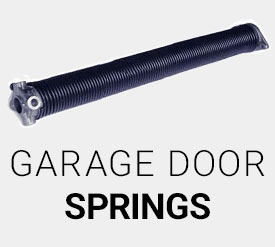Many homeowners use their garages to store items that can range from gardening tools to an emergency power generator. While you can safely store most items in the garage, there are some you shouldn’t. In some cases, the items stored in your garage can pose a safety and health hazard.
Whether you are taking the time to clean out the garage or have decided to store a few more things in it, read this article before deciding on what goes into your garage.
Propane Tanks
Propane tanks are highly unstable and drastic temperature fluctuations can damage the tank. Extreme heat, for instance, can cause the gas inside the tank to expand, which at some point can lead it to explode. There have over the years been countless cases of explosions in garages caused by propane tanks.
To avoid this, you need to avoid any drastic or frequent changes in temperature.
Fresh Food
A garage is generally not the ideal place to store food. Garages can get extremely hot and damp, creating the perfect conditions for food to spoil. Also, canned foods should generally be kept in more cool, dry places. Garages are often wet and not temperature-regulated, so the temperatures in your garage can be very high or extremely low. That can cause the cans to rust, making the foods potentially dangerous to consume.
Another reason why food should not be stored in a garage is the potential for unwanted guests like rats, cockroaches, ants, etc. If not addressed in time, you could be dealing with a full-blown infestation.
Storing Electronics
The most apparent reason to keep your electronics out of the garage is to avoid damaging them. Exposure to high humidity and temperature fluctuations in garage storage can short out the components in your tech.
Appliances like your refrigerator will also be affected if stored in the garage. The high humidity and temperature variations can cause a fridge or freezer to perform less efficiently, so it may not work as well to keep your food cold. It will also draw air out of the freezer, making it hard to freeze. In extreme cases, the freezer may not work at all.
In addition to the high humidity, tiny insects which will be more common in garage environments can also ruin electronics.
Plastic Items
It is a fairly common practice to store patio furniture in the garage. The same goes for plastic storage bins and a few other items. However, plastic items can be adversely affected by extreme heat sometimes present in garages. The variations of extreme hot and cold will damage plastic items, including your precious patio furniture.
Paint cans
Many people store paint cans in their garage, which seems almost like a no-brainer. However, the fumes from paints and tinners can be toxic. In an enclosed space, they can also even become combustible.
Often paint cans can pop open due to the heat, causing damage to everything else in the garage. Not to mention that your precious paint is no longer usable.
Paint cans are prone to temperature changes. In particular, because latex paints are composed of 80% water, freezing is a common danger.
If you do not plan to use the leftover paint immediately after painting a room, you can store it in a canning jar instead. The glass jars are not only convenient for paint touchups, but they are also pretty and practical. When you close the paint jar, remember to wipe the rim/groove clean of any residue so it is easier to open and harder for air to enter.
Paper products
The best place to store paper products is in your attic or basement. You can keep your magazines, newspapers, and books on shelves or in a well-insulated attic. On the other hand, dirt, moisture, and extreme temperatures can destroy essential documents in the garage.
For starters, paper attracts mice and other chewing insects. Essential tax documents, comic books, or encyclopedias can also be damaged by moisture in the garage.
Paper products should be stored in a sealed container inside your garage. It would help if you were especially careful with items like your birth certificates and family albums which are hard to replace.
Try storing your important paper documents in tightly sealed plastic containers, and use adequate pest control methods if you want to store them in the garage..
Firewood

Many people store firewood in the garage because it helps ensure that it remains dry. However, the firewood can still catch fire if not stored correctly.
If you are going to store firewood in the garage, make sure that it is far away from other flammable items like paint and gas cans. Whether you want to use wood for cooking or heating, it is a great way to create a cozy atmosphere in the winter.
Having a fire extinguisher nearby in the garage will help you put out a potential fire if the time ever does come.
Another way to store firewood out of the garage is in a shed or a storage box. This will ensure that the firewood remains dry and is easy to access when needed.
Gasoline
Most people store gasoline in an attached garage which is dangerous. Not only is gasoline flammable, but the extreme temperatures in the garage can create the perfect conditions for it and other things to ignite.
The National Fire Protection Association estimates there are more than 2,500 home gasoline fires per year. Keeping gasoline in an attached garage puts it closer to potential ignition sources, making it more likely to spread throughout the home.
Gasoline is of course extremely flammable and should be stored in a well-ventilated location away from the house. Never store more than one gallon of fuel in a garage. Also, keep the container locked when not in use. Never store gasoline near radiators or electrical equipment.
Furthermore, make sure that children do not have access to gasoline, as the fumes can be especially dangerous for them.
Don't Store Rubber Items In The Garage
Anything made of rubber like tires and bike tire tubes shouldn’t be stored in a garage. That’s because garages can become extremely hot during the summer, damaging rubber items. When tubes and tires melt in this way, it can make them extremely unreliable when they go on to be used.
The melted rubber can also destroy other nearby items, if not your walls and flooring. That’s why the best place to store rubber is in an area that does not get extremely hot during the summer.
Film And Vinyl Records
Film and vinyl records often make it to garage and basement storage in homes. However, if you value your collection, it shouldn’t be stored in the garage, especially since pests like mice enjoy nesting in celluloid and the vinyl records can become ruffled by the heat.
Items like these are best stored in a location that does not get very hot or cold. Also, one that’s not easily accessible by pests. Even then, you will want to take steps to prevent rodents and insects from finding your collection a great place to nest.
Canned Food Is Damaged By Extreme Heat
A stockpile of canned food has a varying amount of shelf life. However, canned vegetables have the shortest shelf life, and they should probably not be stockpiled in your garage, especially if you live in a place that freezes over.
Canned beans, tomatoes, and a few other items have a far shorter shelf life in a room that can get hotter than 70 degrees. If you have cans that freeze during the winter, they can easily be thawed, but the quality of that food diminishes considerably. That’s why we’re not particularly in favor of storing canned vegetables in the garage.
The varying temperatures in the garage can also destroy other more resilient canned food like baked beans. So, you’ll want to be careful about what is stored in it.
Never Store Wine In Your Garage
Personally, we’ve not encountered people who store wine in their garages. However, don’t even think of it because the temperature variations can damage the color and composition of the wine, making it undrinkable.
If you are thinking about installing a wine cooler in the garage, that is also not a great idea for the same reason we advise against installing a freezer in the garage.
Don't Store Pet Food
The extreme heat can adversely affect the quality of your canned pet food. On the other hand, if you're storing dry pet food, it will become a magnet for other cats, rats, cockroaches, and ants.
Final Word
While many things can and should be stored in the garage for easy access, there are arguably just as many that shouldn’t. A few other things we advise against storing in a garage include sports equipment, baby clothes, sleeping bags, and wooden furniture.
Hopefully, our list of what you can’t keep in the garage saves you time, money, and frustration.
The rule of thumb when thinking about storing something in the garage is to find out if the item is sensitive to drastic temperature variations, rodents, and insects. If it is, then it probably shouldn’t be stored in the garage.





